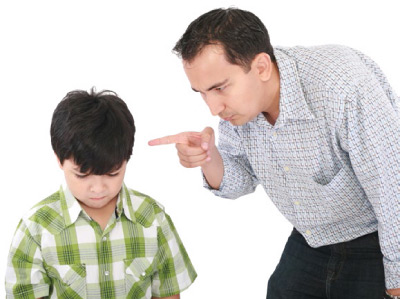Dishonesty may start with a few harmless white lies, and gradually progress into a habit of lying regularly. If your child has a habit of telling lies, it is important to understand why he/she resorts to such behaviour. Only then can you proceed to take the appropriate steps to correct this problem. This article will explain the reasons why children lie and how to deal with such a problem.
Why children lie
Some of the common reasons that children lie are because:
- They want to avoid consequences – “Who dirtied the carpet?” Mom asks. “Not me,” the child says. Children lie to avoid the embarrassment of being found out when they have done something wrong, or to avoid being scolded or punished for it.
- They want to be liked – Kids who are eager to gain approval from their peers might tell lies in order to appear more interesting. They might also lie to cover up their friends’ mistakes, thinking that it would help them to think they are on their side.
- They want to be excused from tasks they don’t want to do – A child may come up with excuses and/or lies in order to avoid doing unpleasant tasks such as homework or chores.
- They do not understand the difference between fantasy and reality – Young children aged 7 years and below often create imaginary worlds in their minds. Their imaginations can be very vivid, and at times, it may be difficult for them to discern where their creations end and where the real world begins.
How to handle a lying child
- Avoid lecturing or scolding your child – This might cause your child to either become more defensive or retreat further into their ‘shell’, thus causing them to tell even more lies. Take the time to talk to your child and find out about what they are going through and why they feel the need to lie. Provide solutions to the problems they face. For example, if your child is worried about not fitting in with their peer group, suggest ways on how he/she can make friends without having to resort to lying.
- Respond with clear consequences – Make sure you set reasonable consequences for lying and your child is fully aware of the punishments. You must follow through on these consequences, or your child will continue to lie (especially if there are no consequences). Give them a chance to make amends for their wrongdoings. That way, the child learns that what they did was wrong and they need to assume responsibility for their actions.
- Set a good example – Children learn to distinguish right from wrong by observing how adults act. You should set an example by always telling the truth in any type of interaction, as your children are likely to model their behaviours on your actions.
Encourage honesty in your child by giving positive reinforcement whenever they tell the truth. Praise the truth and tell your child that you are glad that he or she is brave enough to be honest with you. Let your child know that the truth is far more important than a small act of misbehaviour.






Comments